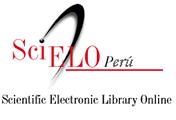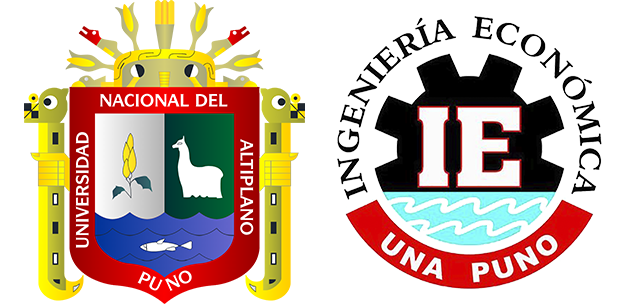¿Recuperación económica española vía Pacto Verde Europeo?
Palabras clave:
Economía Pública, Políticas Económicas Laborales, Pacto Verde Europeo, plan de recuperación, empleos verdes, habilidades, economía de bienestar personalResumen
Evaluación del impacto en la recuperación económica española de las políticas económicas y laborales en el marco del Pacto Verde Europeo. Se analiza de manera comparada la oportunidad de los empleos verdes para Europa, centrándose luego en el caso español. Se focaliza la atención en los efectos sobre el diseño de nuevos empleos verdes y las habilidades necesarias para desarrollar el tipo de nuevos puestos generados, con mayor bienestar personal laboral. Se han manejado los marcos teóricos y metodológicos de enfoques heterodoxos, especialmente de la Escuela Austriaca y Economía Cultural, ilustrando con fuentes secundarias.















